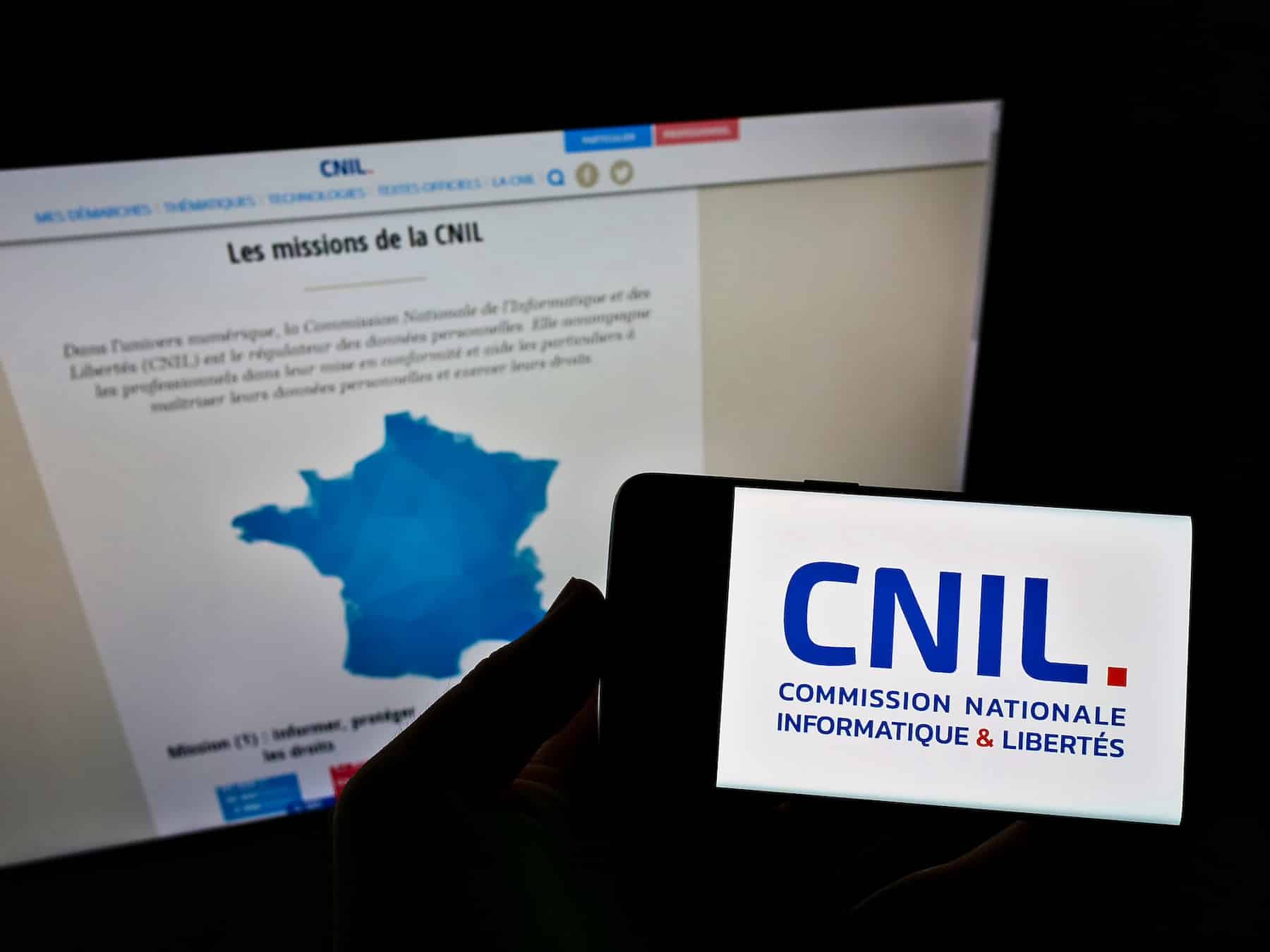Understanding CNIL Requirements For Mobile App Data Protection

Table of Contents
Key CNIL Requirements for Mobile App Data Protection
Data Minimization and Purpose Limitation
The cornerstone of CNIL compliance is the principle of data minimization and purpose limitation. This means you should only collect the minimum amount of personal data necessary for the specific purpose of your app and clearly define that purpose. Avoid collecting unnecessary data, as this increases your risk and liability.
- Examples of unnecessary data collection: Collecting a user's full address when only their postcode is needed for location-based services. Requesting a user's entire contact list when only email access is required for account functionality.
- Best practices for defining data purposes: Clearly articulate in your privacy policy why you need each piece of data. Be specific – "to personalize user experience" is too vague; "to recommend relevant content based on user location and preferences" is much better.
- Importance of transparent data collection notices: Inform users upfront about what data you collect, why you collect it, and how you will use it. This transparency builds trust and ensures compliance with CNIL guidelines. Obtain explicit consent for any data processing activities.
Following CNIL guidelines and GDPR compliance in data minimization is vital for building trust.
Transparency and Consent
Transparency is paramount for CNIL compliance. You must clearly inform users about your data collection and processing practices. This involves having a comprehensive and easily understandable privacy policy.
- Requirements for clear and concise privacy policies: Your privacy policy should be written in plain language, avoiding jargon. It should clearly explain what data you collect, why you collect it, how you use it, who you share it with, and how long you retain it. It must also explain users’ rights regarding their data.
- Obtaining explicit consent for data processing: Simply having a checkbox isn’t enough. You need to obtain freely given, specific, informed, and unambiguous consent from users before processing their personal data.
- Providing users with control over their data: Empower users to access, rectify, erase, and download their data. Make it easy for them to exercise their data subject rights directly within your app. This demonstrates your commitment to CNIL regulations and data transparency.
Implementing these measures will ensure you adhere to CNIL regulations.
Security Measures
Protecting user data from unauthorized access, loss, or alteration is critical. CNIL expects you to implement robust security measures.
- Examples of robust security measures: Data encryption both in transit and at rest, strong access controls, regular security audits, penetration testing, and multi-factor authentication.
- Regular security audits: Conduct regular assessments of your security practices to identify and address vulnerabilities.
- Incident response plans: Develop a plan to address data breaches swiftly and effectively. This includes procedures for containment, notification, and remediation. This helps your company be better prepared for potential CNIL penalties.
These strong security measures adhere to CNIL security standards and GDPR security guidelines.
Data Subject Rights
Users have several rights under the GDPR, which are also enforced by the CNIL. Your mobile app must facilitate the exercise of these rights.
- How to implement these rights within a mobile app: Provide clear and accessible mechanisms within your app for users to access, rectify, erase, and port their data. This ensures CNIL compliance.
- Response timelines: Respond to user requests within the legally mandated timeframe.
- Importance of clear user interfaces for managing data rights: Make it easy for users to understand and exercise their rights.
Respecting data subject rights is vital for CNIL compliance.
Data Breaches and Notifications
In the event of a data breach, you must comply with strict notification requirements.
- Timelines for reporting breaches: Report breaches to the CNIL and affected users without undue delay, generally within 72 hours.
- The information to include in breach notifications: Clearly describe the nature of the breach, the categories of data affected, and the measures you've taken to mitigate the impact.
- Potential penalties for non-compliance: Failure to comply with CNIL's data breach notification requirements can result in significant fines.
Understanding these CNIL penalties is vital for mitigating risks.
Conclusion: Ensuring CNIL Compliance for Your Mobile App's Success
Adhering to CNIL requirements is not just about avoiding penalties; it’s about building trust with your users and fostering a responsible data handling culture. This article summarized key aspects of CNIL compliance regarding data minimization, transparency, security measures, data subject rights, and data breach notification. Remember that failure to comply can lead to substantial fines and reputational damage. Ensure your mobile app is fully compliant with CNIL requirements for data protection. Learn more about CNIL guidelines and best practices for mobile app data protection today!

Featured Posts
-
 Can Trong Khi Dau Tu Nhung Rui Ro Khi Gop Von Vao Cong Ty Nghi Van Lua Dao
Apr 30, 2025
Can Trong Khi Dau Tu Nhung Rui Ro Khi Gop Von Vao Cong Ty Nghi Van Lua Dao
Apr 30, 2025 -
 Bbcs Chris Kaba Documentary Faces Scrutiny Police Watchdog Files Ofcom Complaint
Apr 30, 2025
Bbcs Chris Kaba Documentary Faces Scrutiny Police Watchdog Files Ofcom Complaint
Apr 30, 2025 -
 Is Age Just A Number Exploring The Social And Biological Aspects
Apr 30, 2025
Is Age Just A Number Exploring The Social And Biological Aspects
Apr 30, 2025 -
 How To Watch Ru Pauls Drag Race Season 17 Episode 8 A Free Streaming Guide
Apr 30, 2025
How To Watch Ru Pauls Drag Race Season 17 Episode 8 A Free Streaming Guide
Apr 30, 2025 -
 Chirurgie Ratee Des Hemorroides En Franche Comte Les Patients Etaient Ils Informes
Apr 30, 2025
Chirurgie Ratee Des Hemorroides En Franche Comte Les Patients Etaient Ils Informes
Apr 30, 2025
